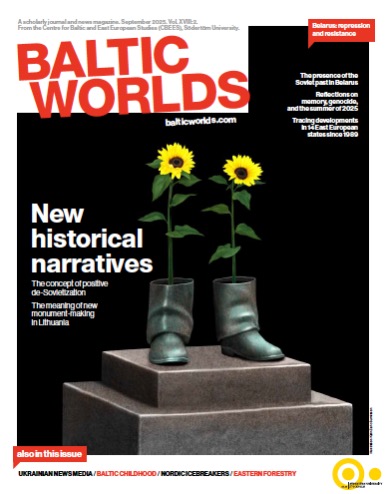Fashion Talks
The exhibition Fashion Talks: Fashion as Communication, which was shown for several months at the Museum for Communication, Berlin, was designed to explore — by looking at the messages conveyed by clothes — how people deal with fashion, both individually and collectively.

 Issue 2025, 2:
Issue 2025, 2: